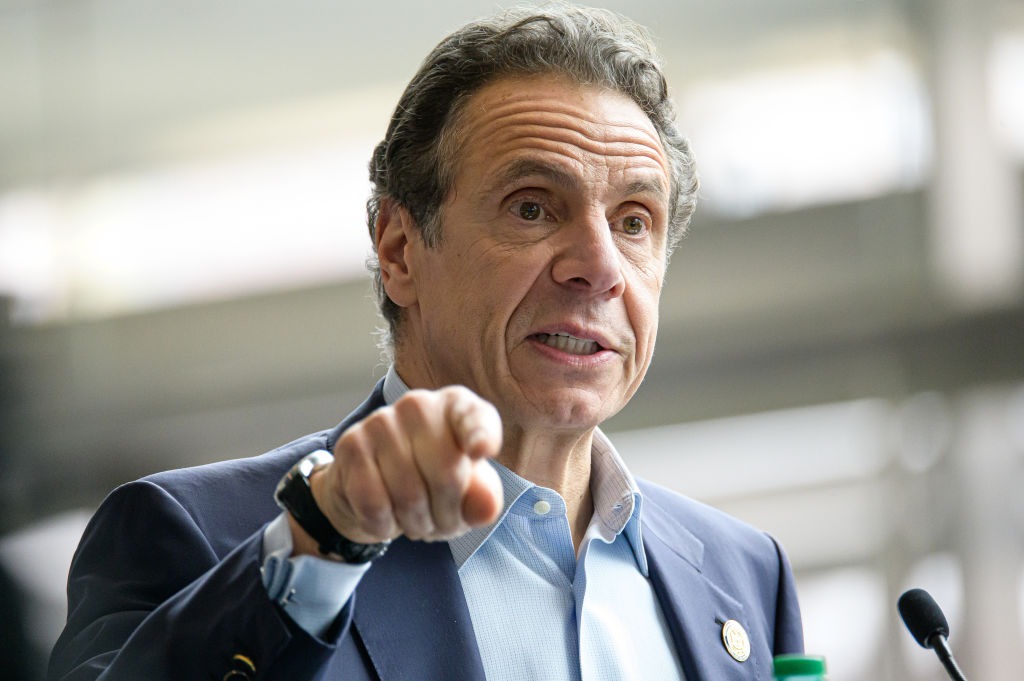
Avoid Austerity To Prevent A State And Local Coronavirus Depression
Local budget cuts enacted a decade ago left states and cities dangerously unprepared for COVID-19. We shouldn’t make those same mistakes again.

Local budget cuts enacted a decade ago left states and cities dangerously unprepared for COVID-19. We shouldn’t make those same mistakes again.
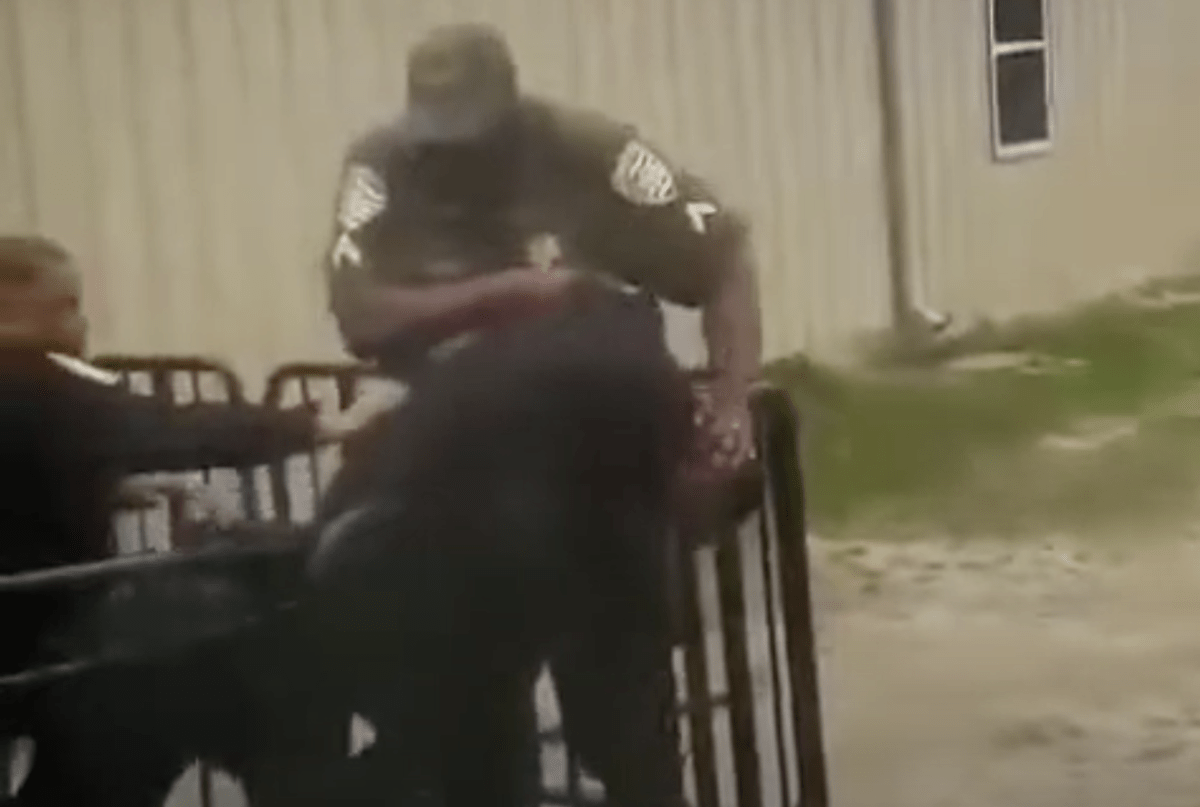
A sheriff’s deputy in Louisiana is caught on video choking a man after he says he asked for COVID-19 treatment.
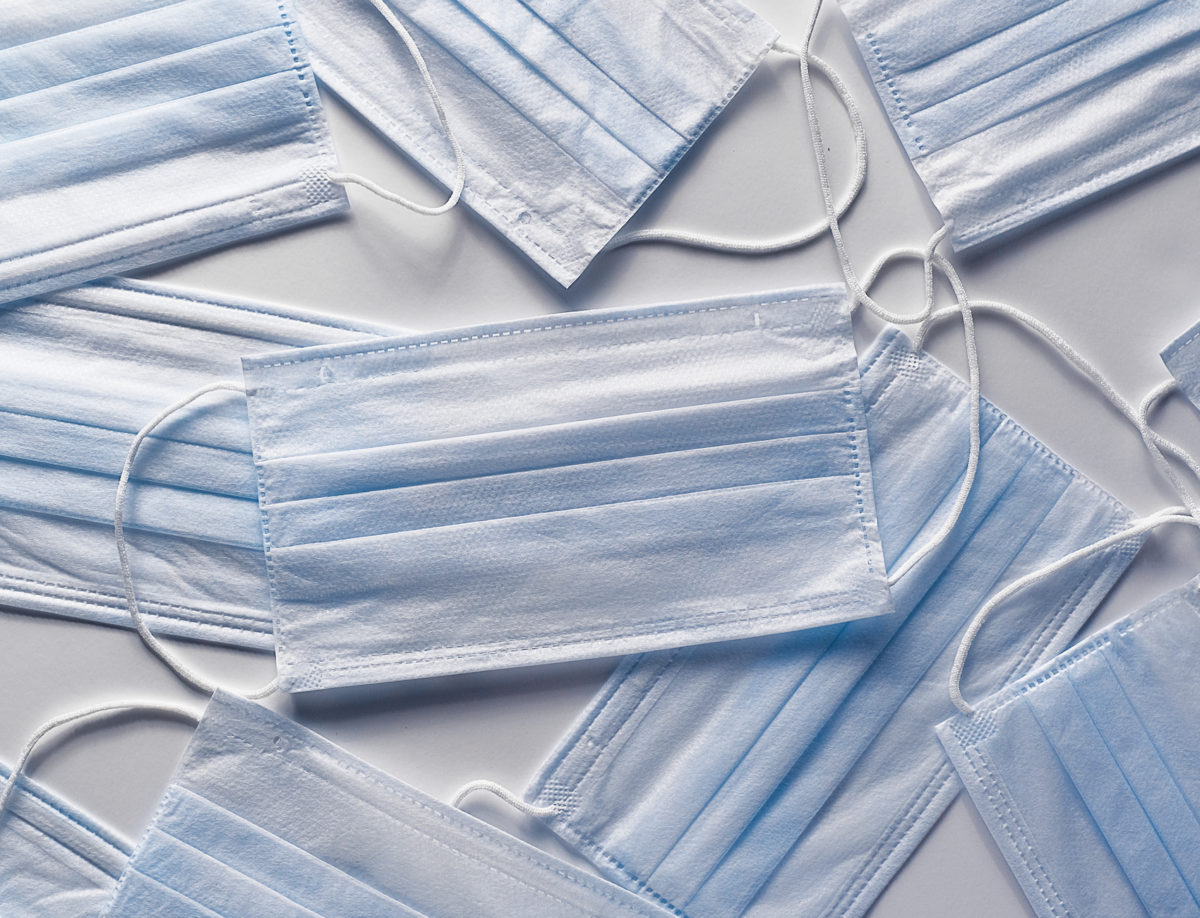
Peter Lucas was jailed overnight at a time when prosecutors across the country are actively working to reduce the number of people behind bars to stem the spread of COVID-19.
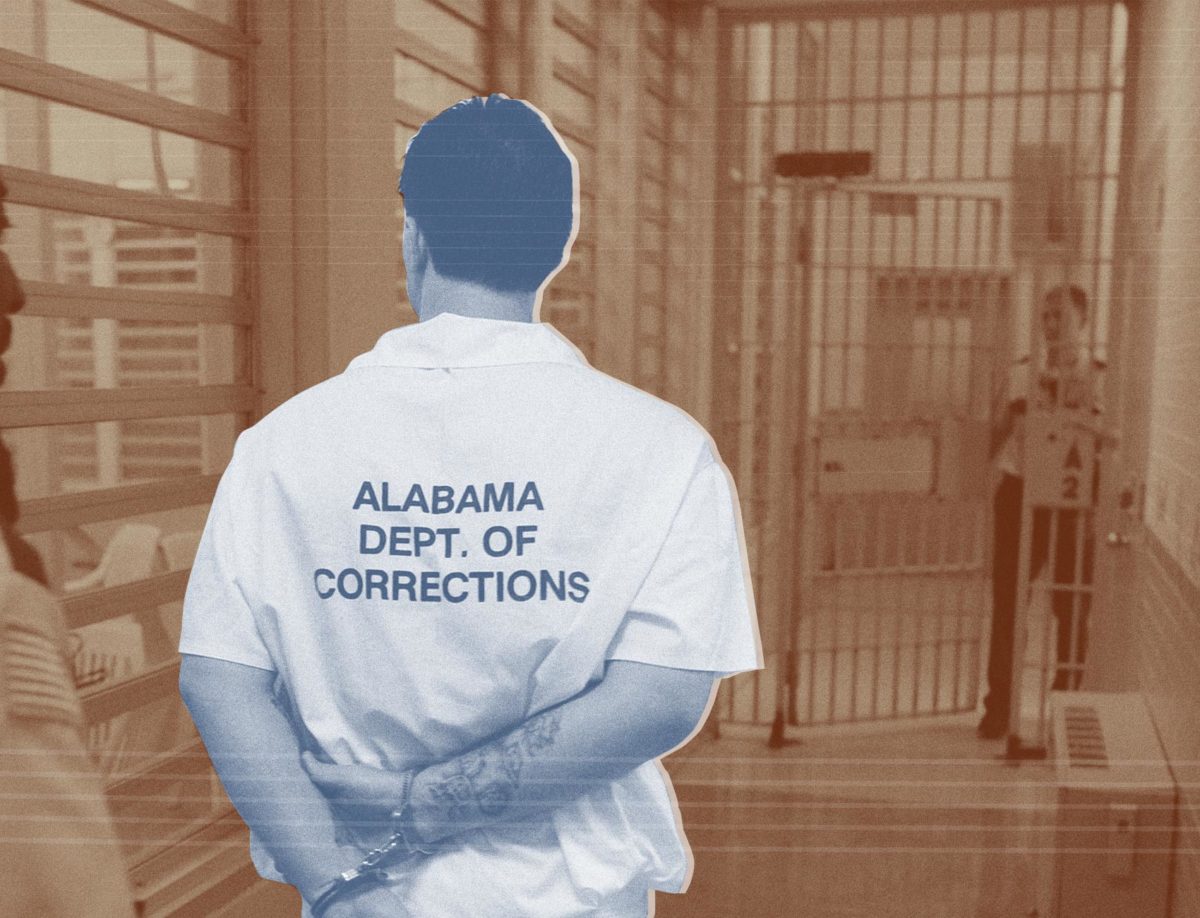
Approximately 100 men will be transported to Draper Correctional Facility, which has long been known for its nightmarish conditions.
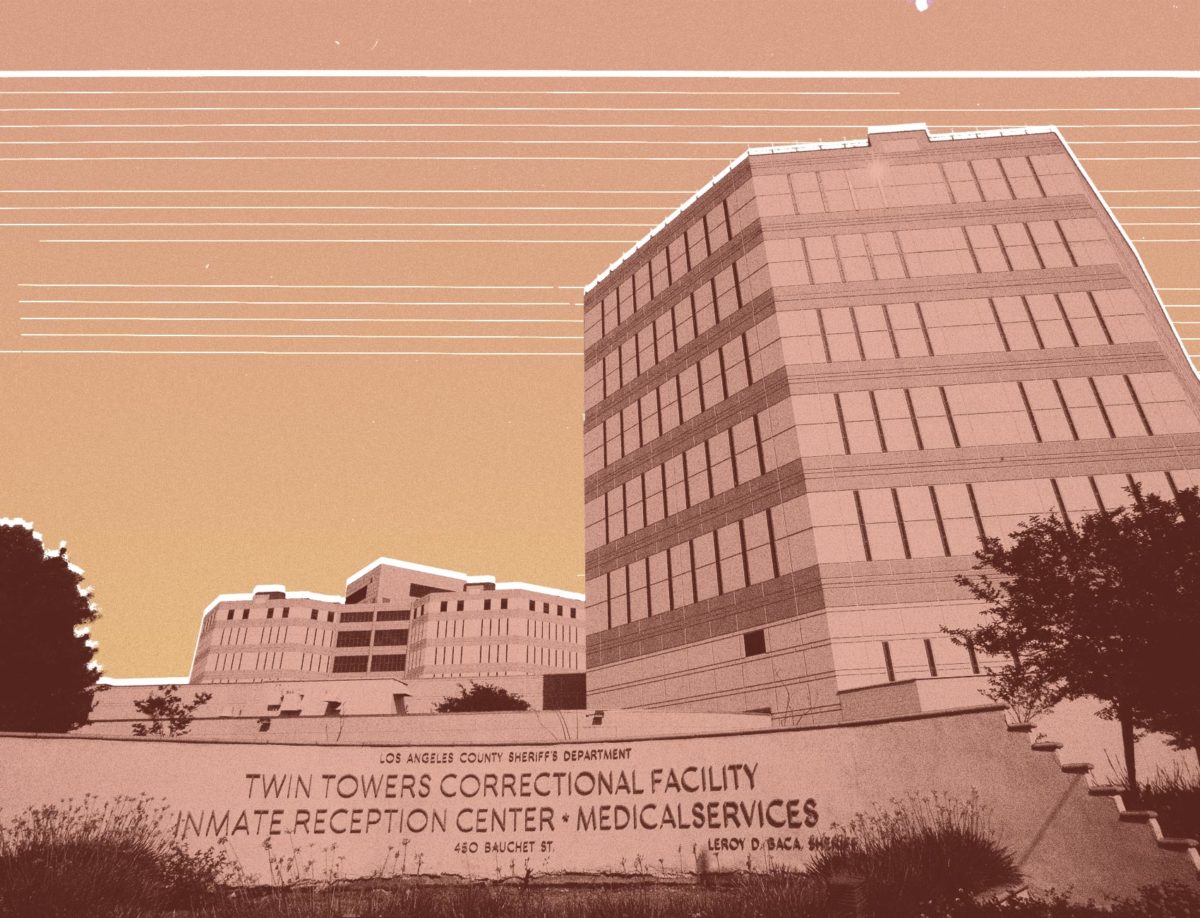
A man describes his ordeal in medical isolation while awaiting trial.
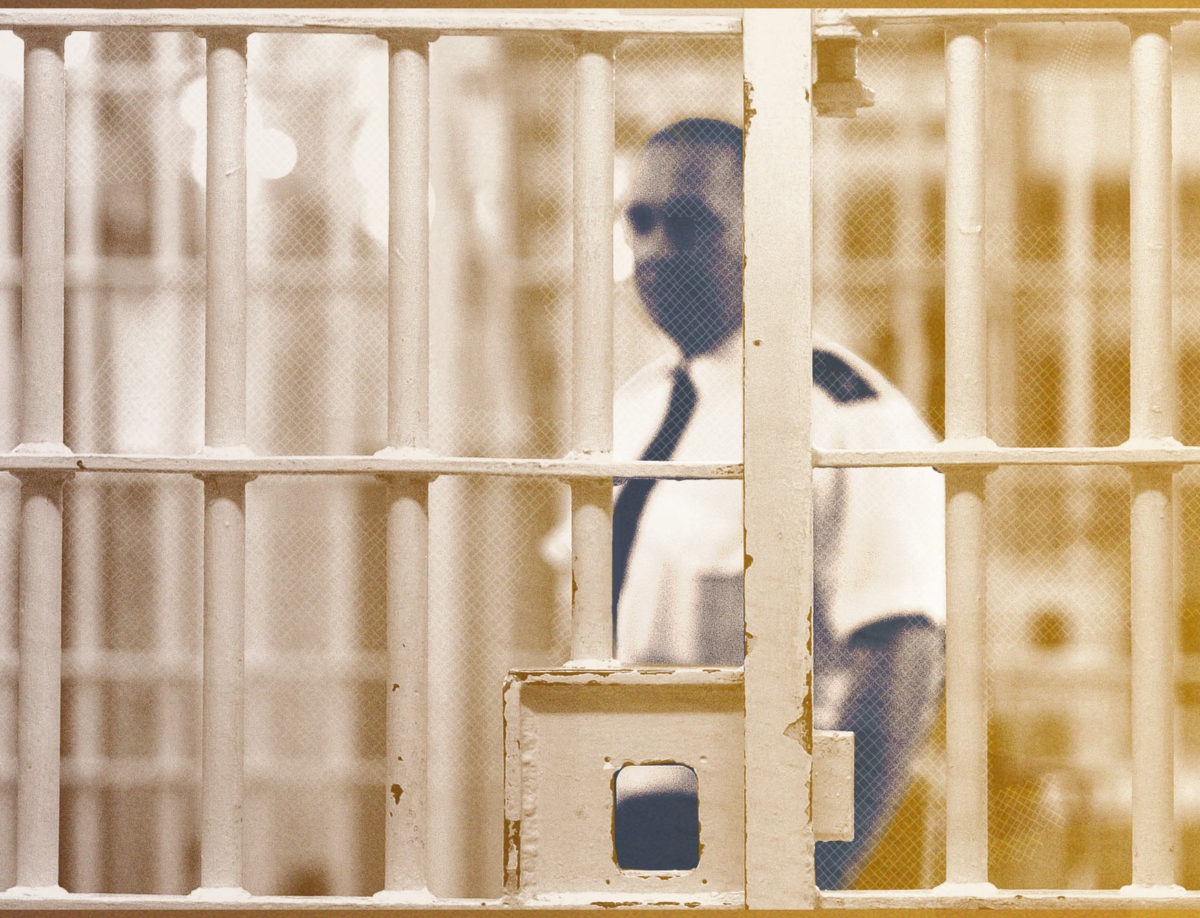
FCI Ray Brook was slow to respond to the spread of coronavirus among correctional officers. Now the outbreak has reached prisoners.
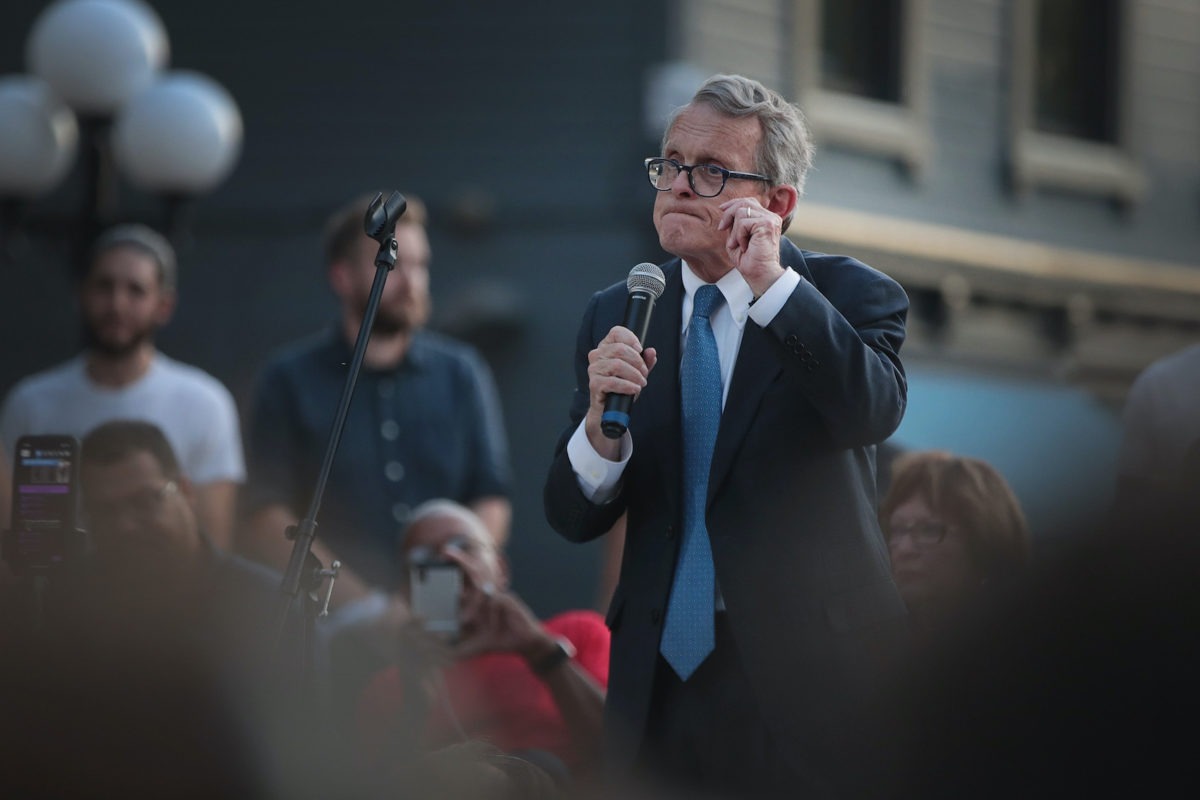
Governor Mike DeWine, critics say, ‘is risking turning low-level prison sentences into death sentences.’

With programming paused and prison jobs reduced, people inside will not be able to earn good-time credits and are cut off from a means of supporting themselves.
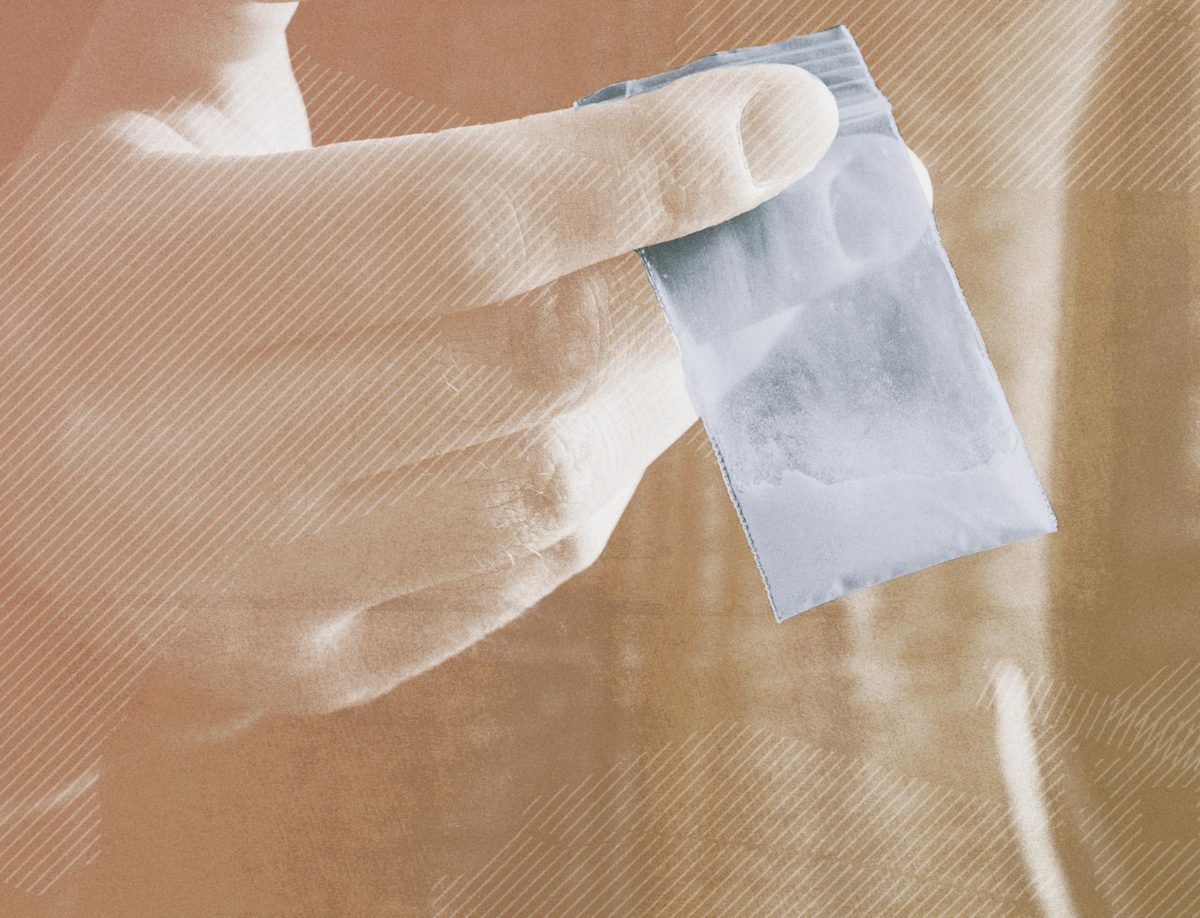
Despite distancing warnings, more than 80 state and federal agents fanned out in an anti-drug operation that, The Appeal has learned, was based on a series of retail-level drug sales.
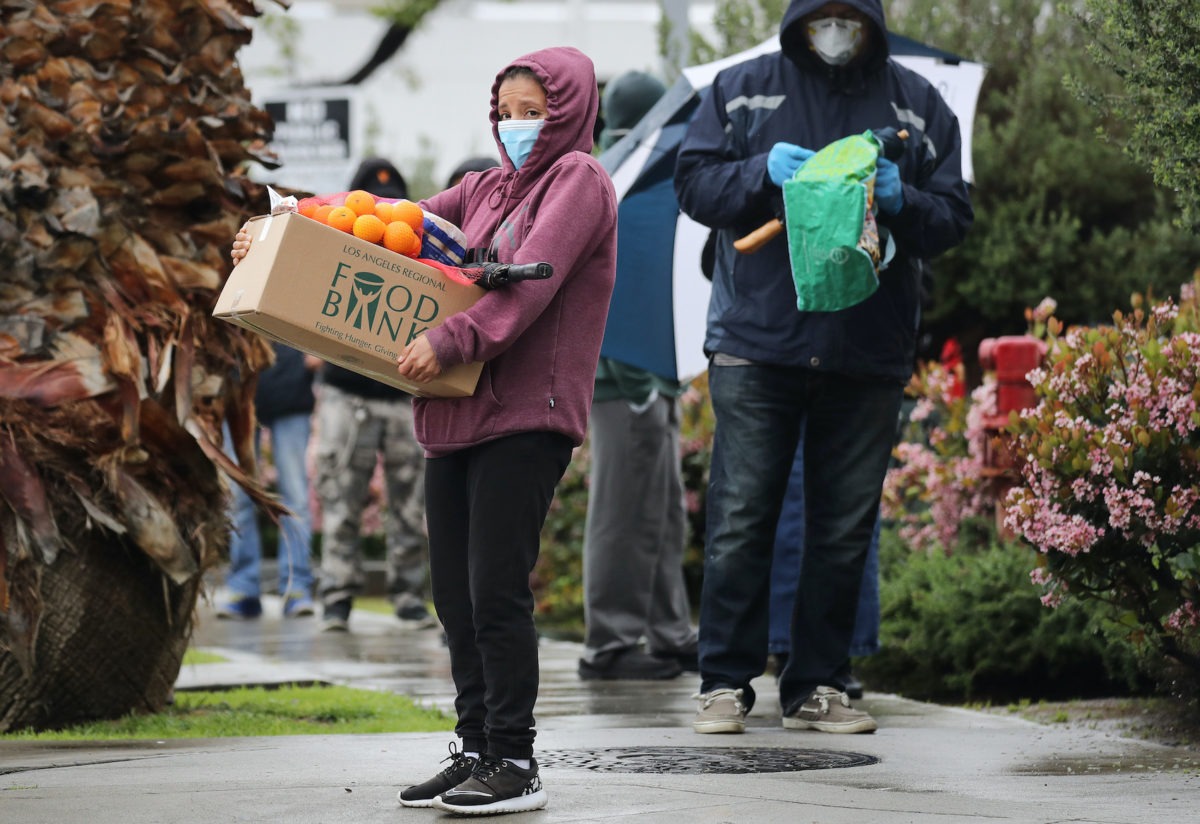
Neither the coronavirus nor anything else is a ‘great equalizer’ because we aren’t, actually, all in this together.
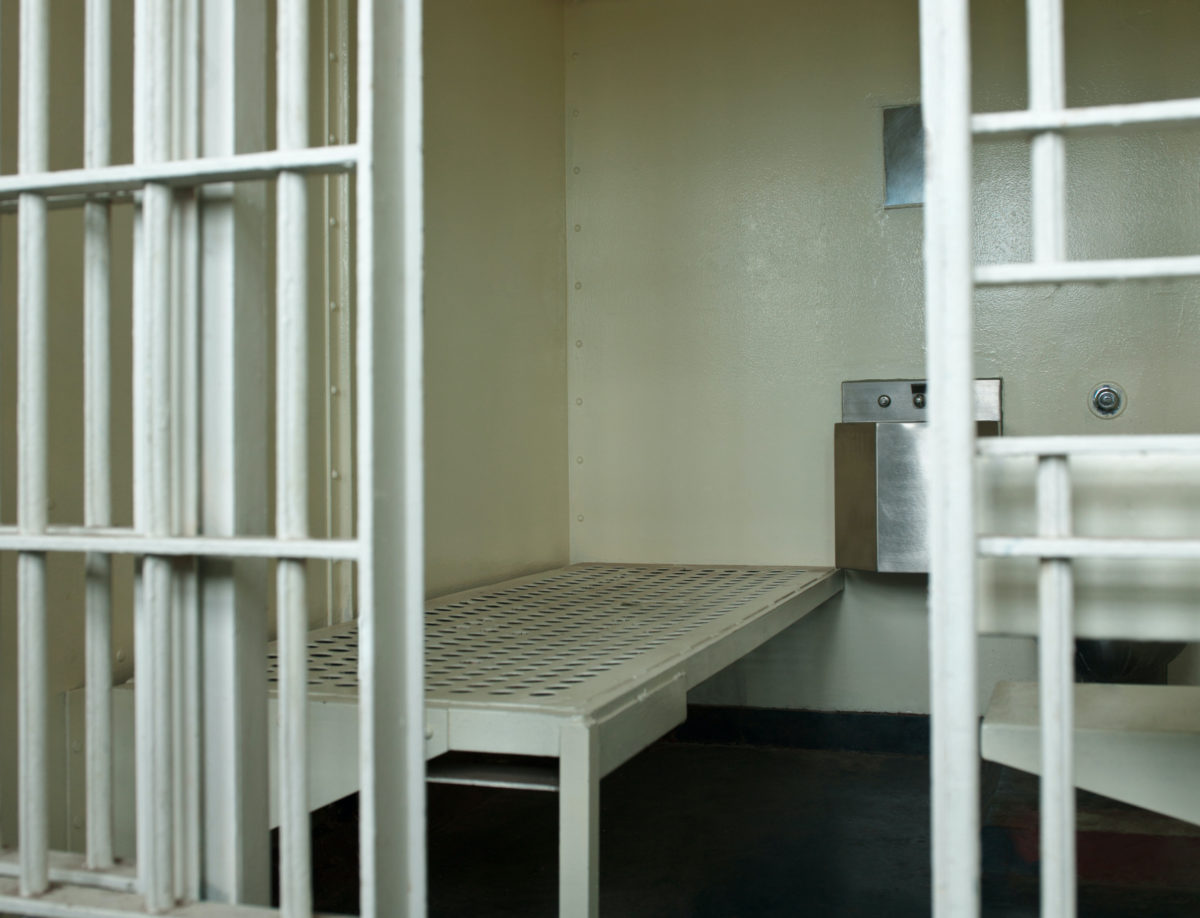
The Pennsylvania Innocence Project was seeking the exoneration of Rudolph Sutton when he died on April 8 from complications related to COVID-19.

His attorney says the Suffolk County DA’s office tried to send “an innocent man to his death.”
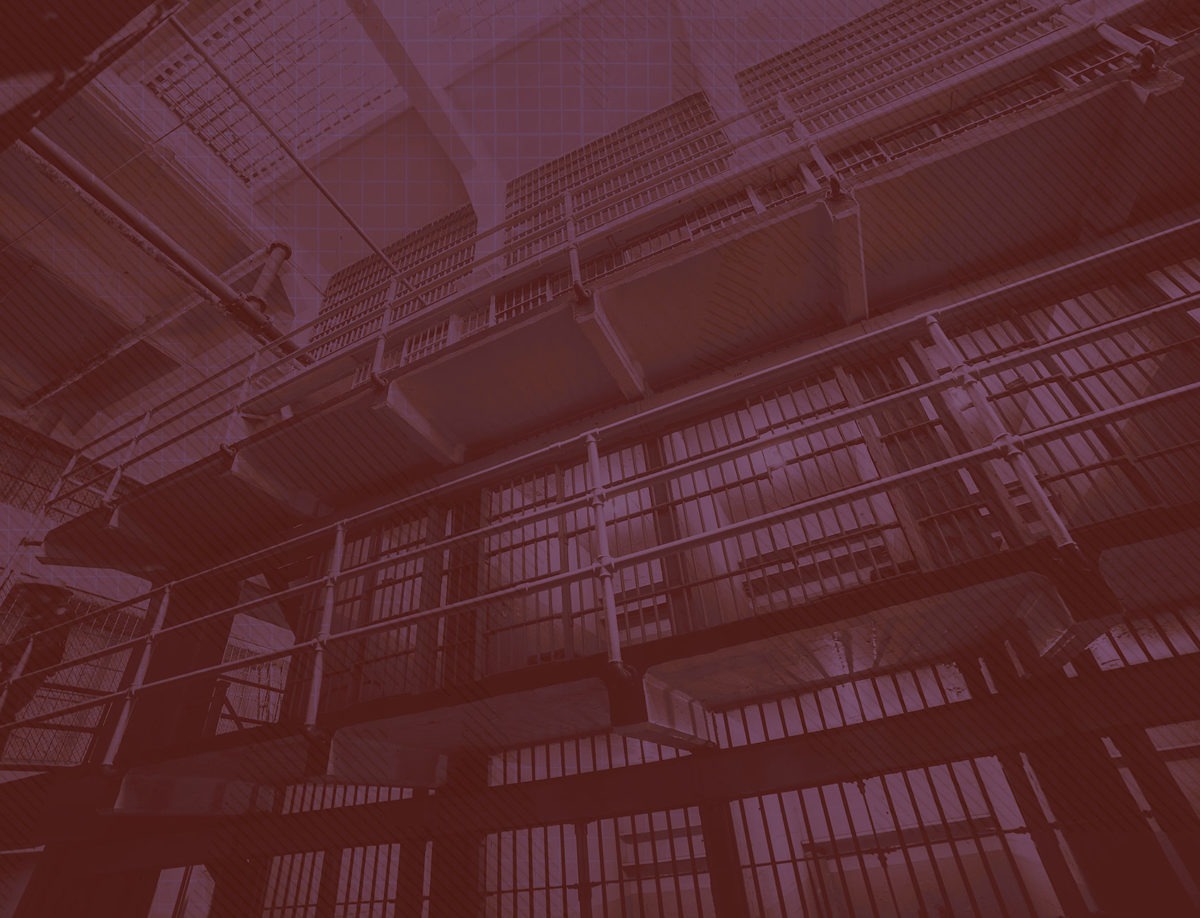
By letting people out now, we can avoid overwhelming our healthcare system with sick prisoners later.
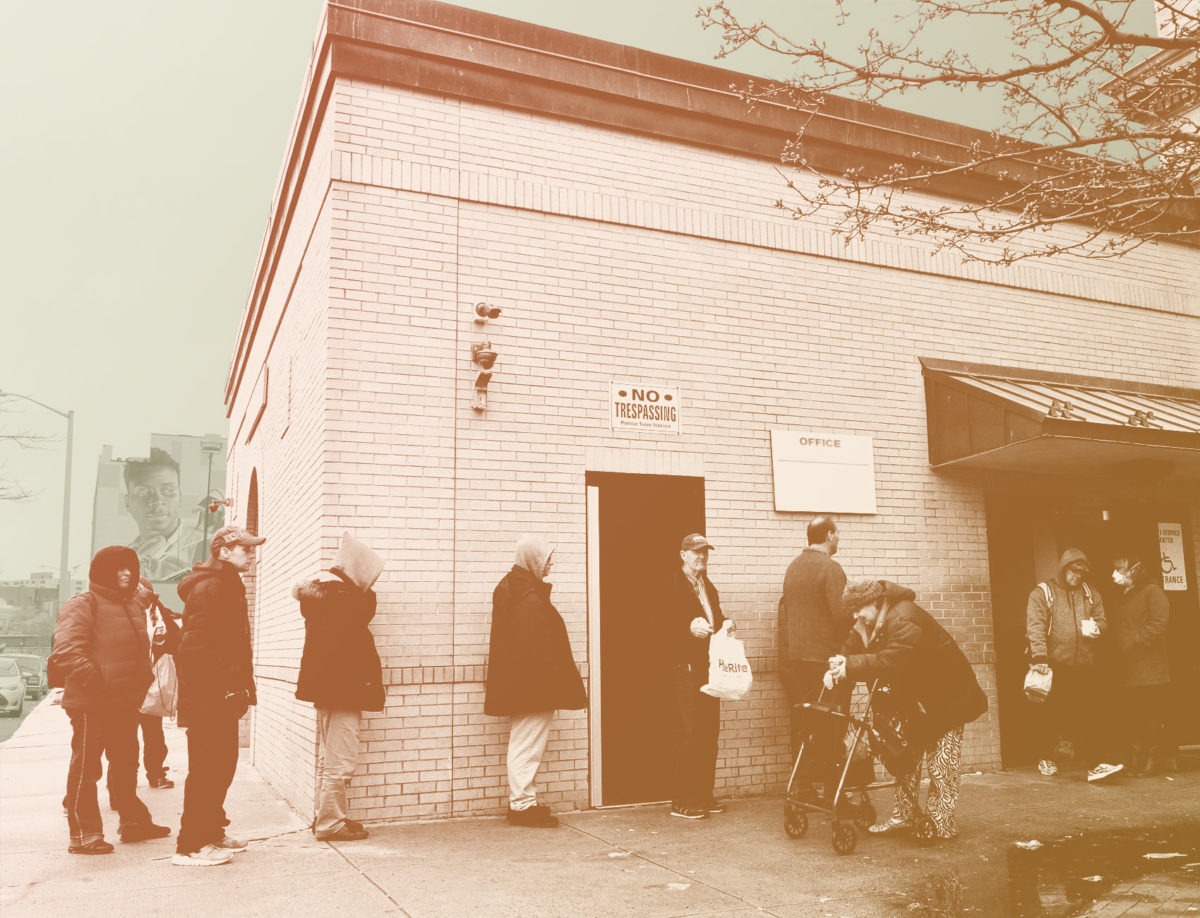
For many people across the U.S. who need methadone treatment, sheltering in place during the coronavirus outbreak is impossible.
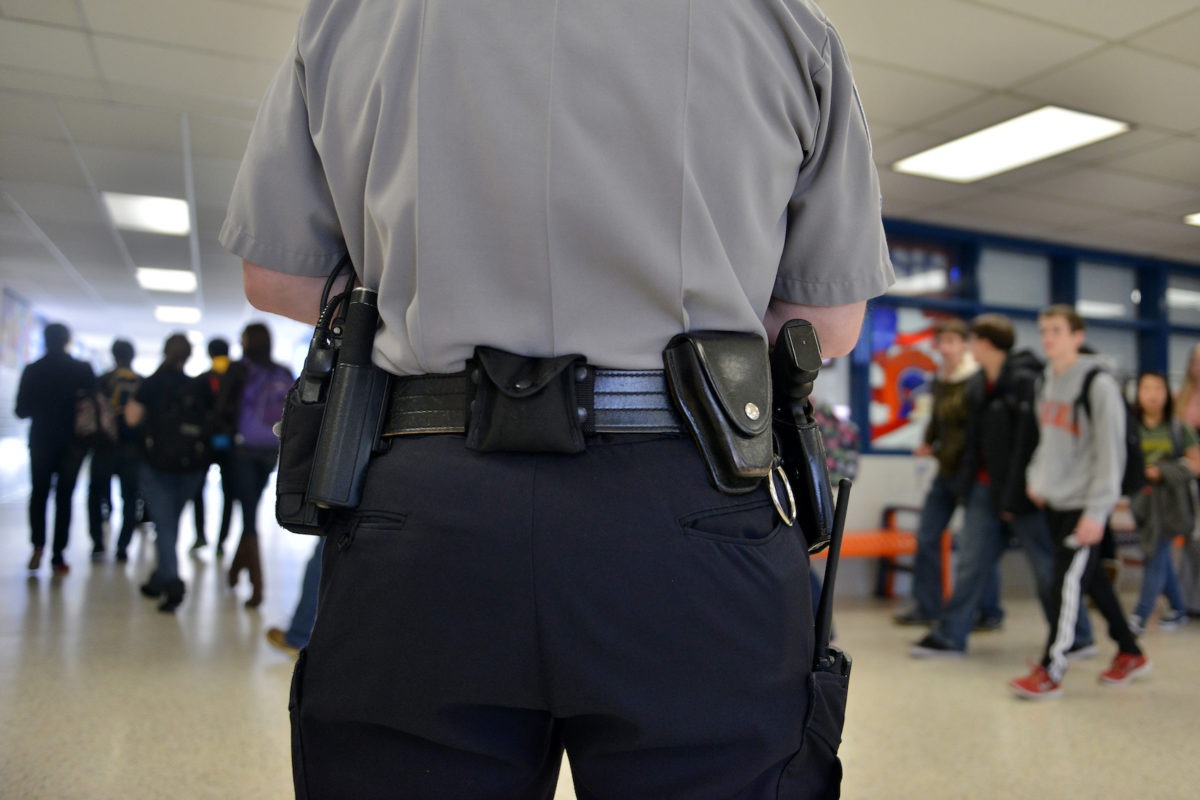
Josie Duffy Rice and her co-host, Derecka Purnell, talk to Judith Browne Dianis, executive director of the Advancement Project, about the school to prison pipeline.
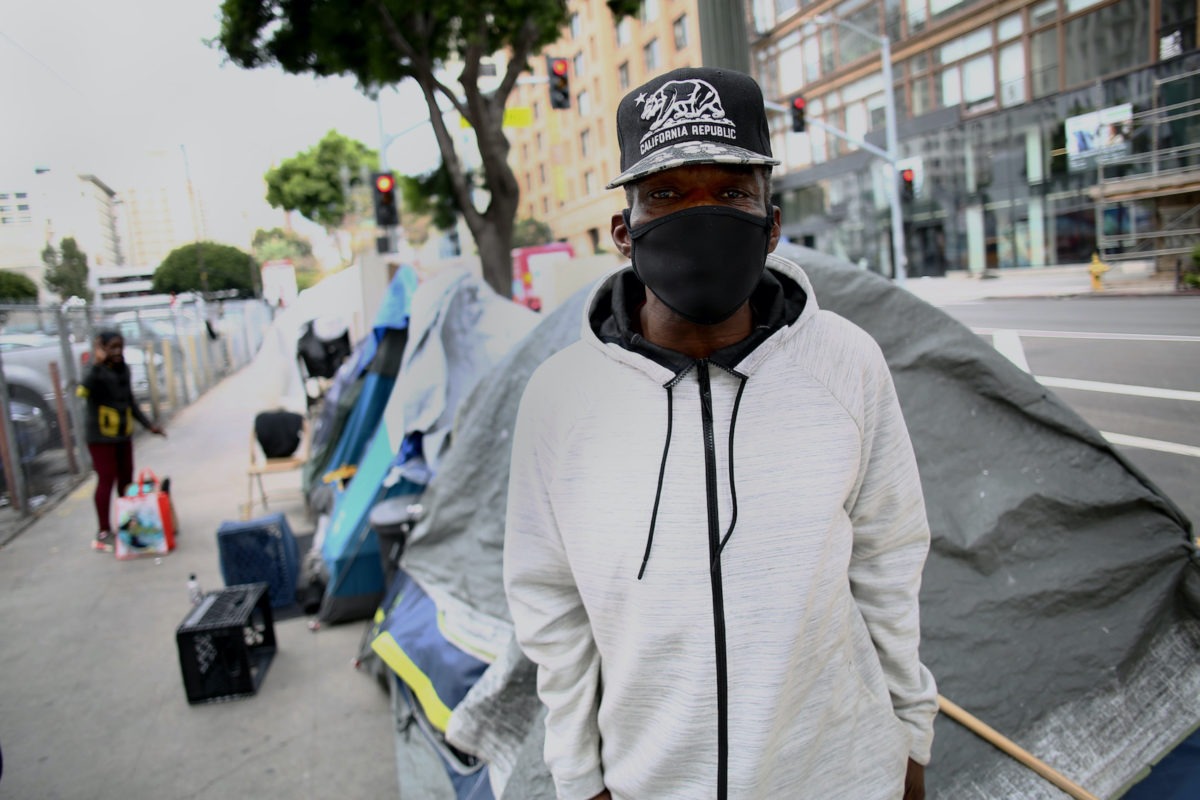
Taking emergency measures to protect homeless people from the pandemic is simply common sense.
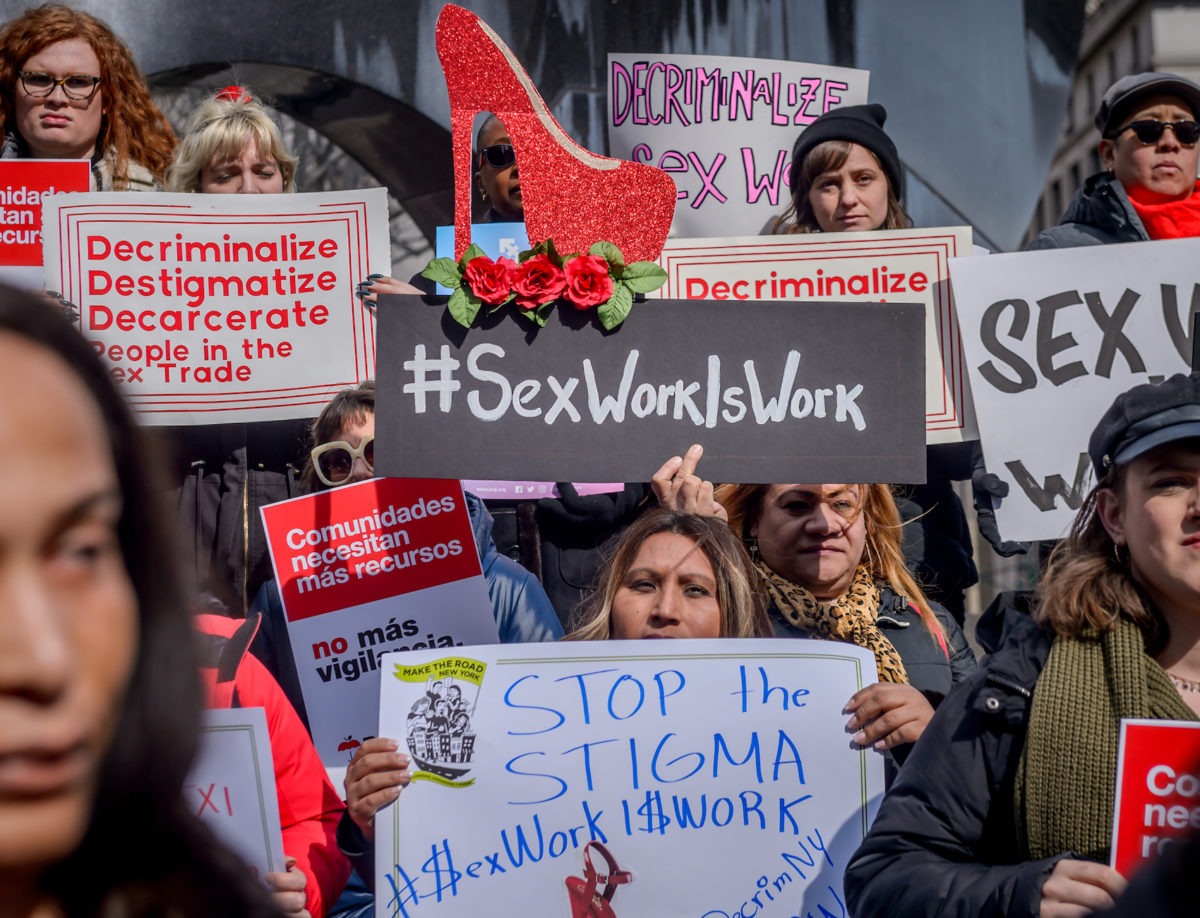
Advocates say the “progressive” city has left them to die.
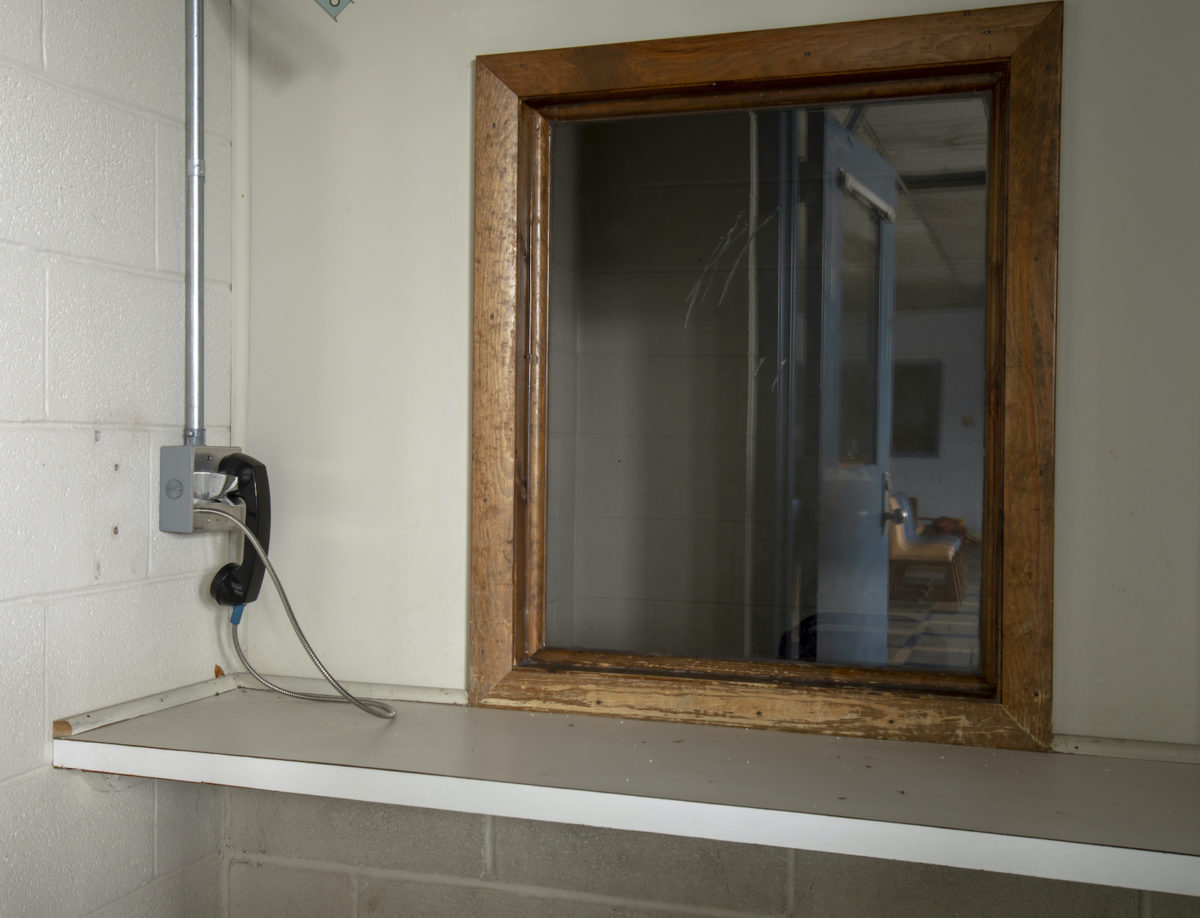
The families and partners of those incarcerated at the Federal Correctional Complex at Oakdale are sharing information and support as COVID-19 hits the prison.
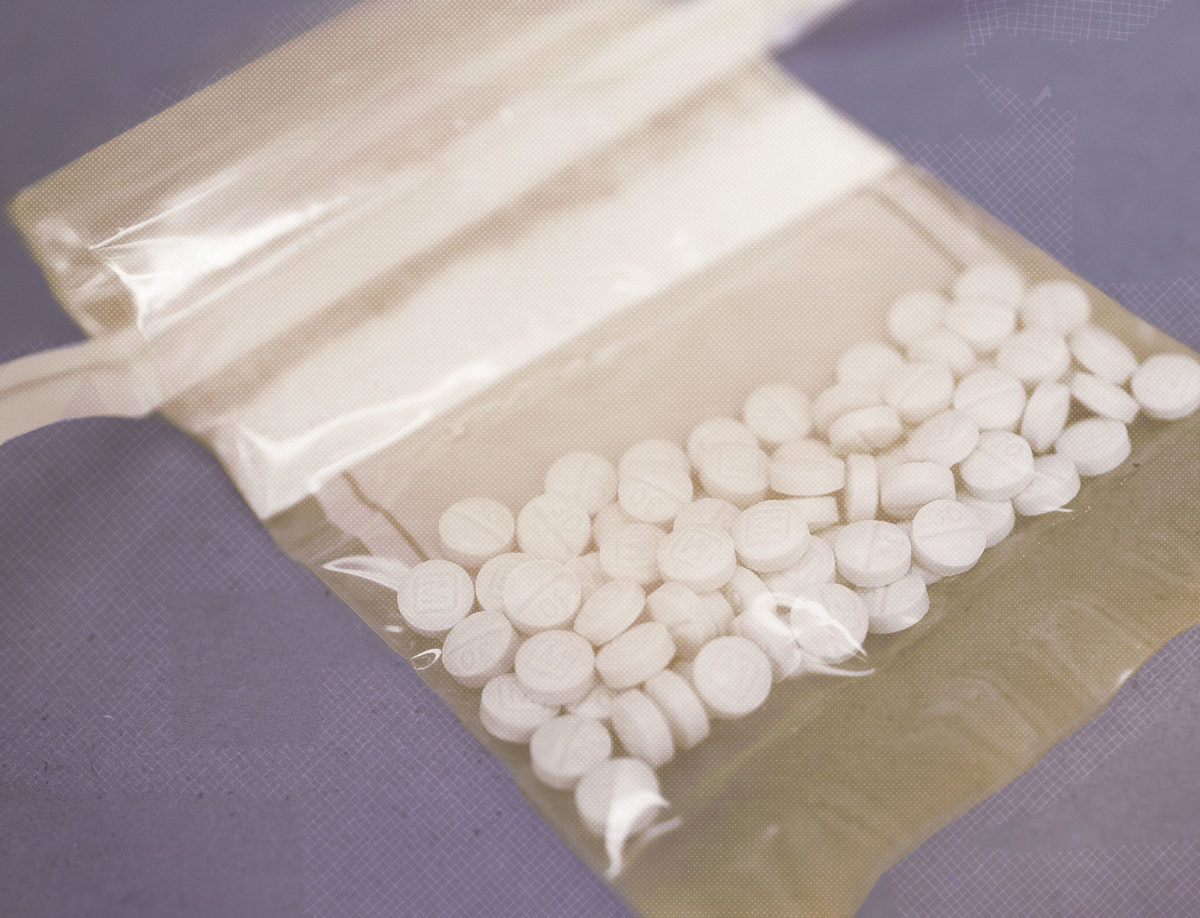
Recent successes in stemming the opioid crisis could be reversed if public health budgets are cut or the crisis is seen as secondary to the pandemic.

Voters want the government to take common sense measures that meet the scale of the crisis and preserve the economy so that when the coronavirus is contained, economic life can resume as rapidly as possible. It’s time for lawmakers in Washington, D.C. to listen.
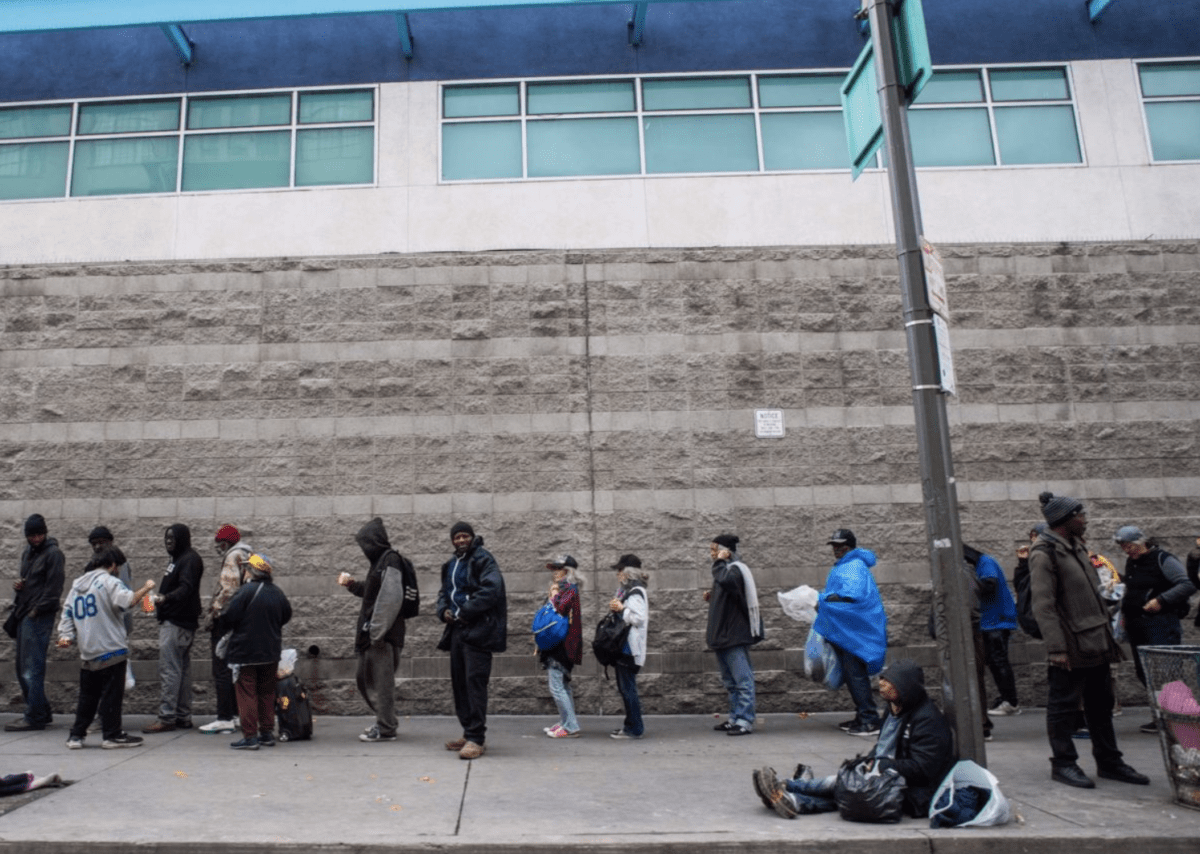
New polling finds strong bipartisan support for recurring government payments to Americans, rather than a one-time payment.
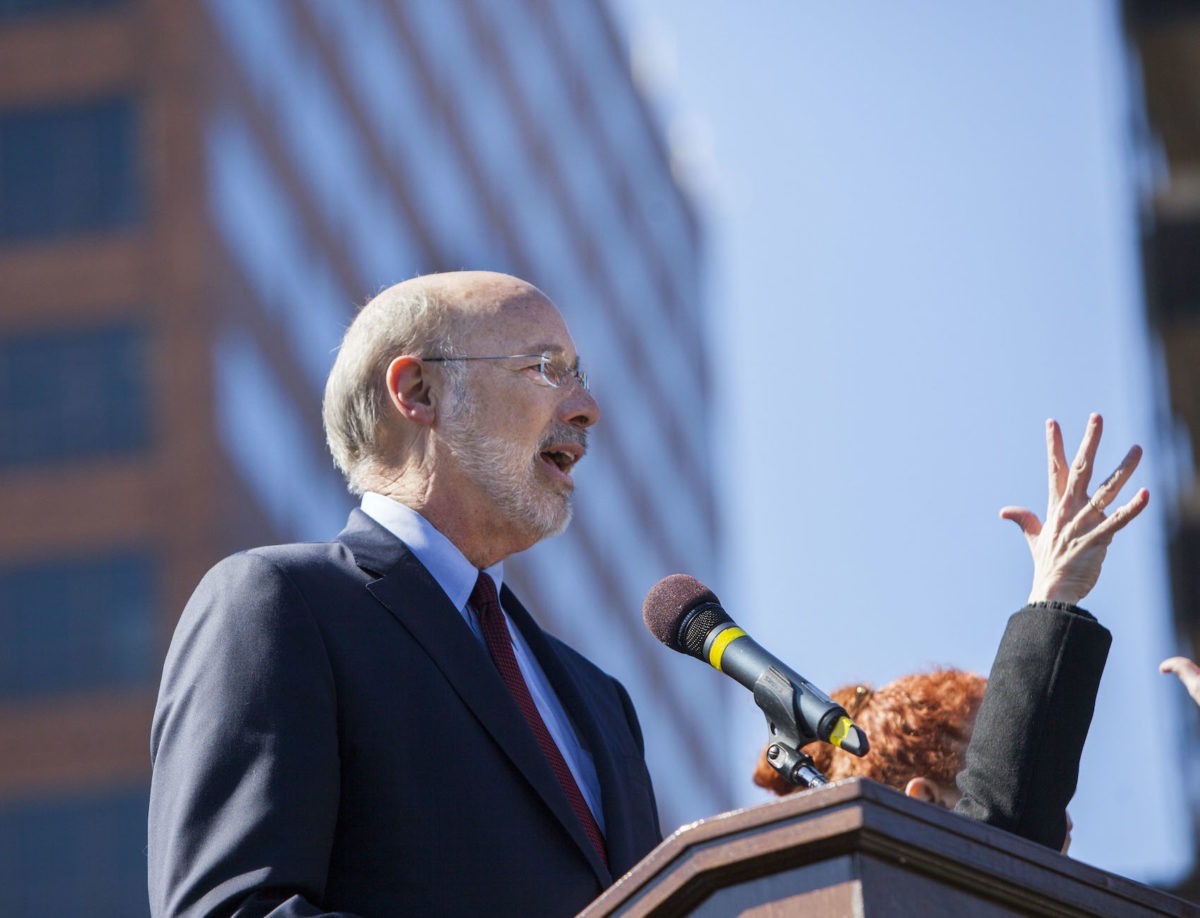
Tom Wolf said Friday he will use his reprieve power, a form of clemency, to reduce the state prison population.
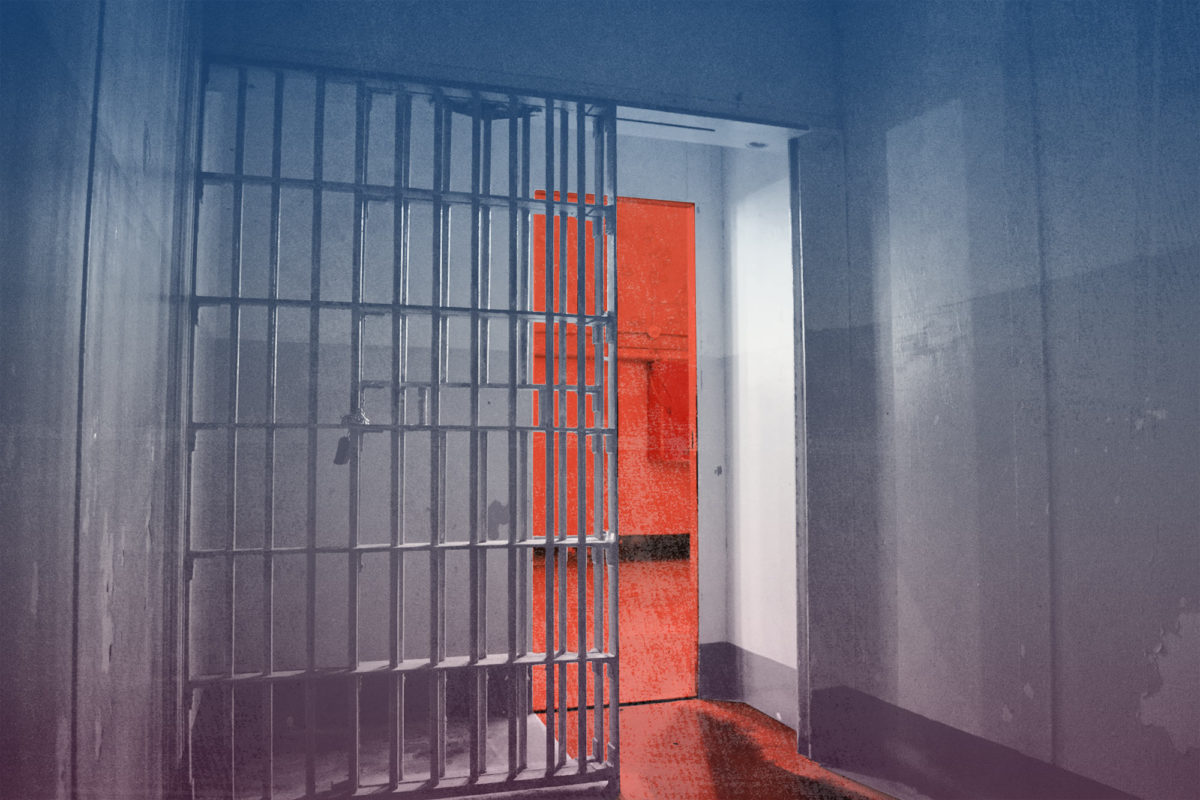
Doing so will save countless lives, and in the process, they may show us by example how to begin, finally, to dismantle mass incarceration for good.
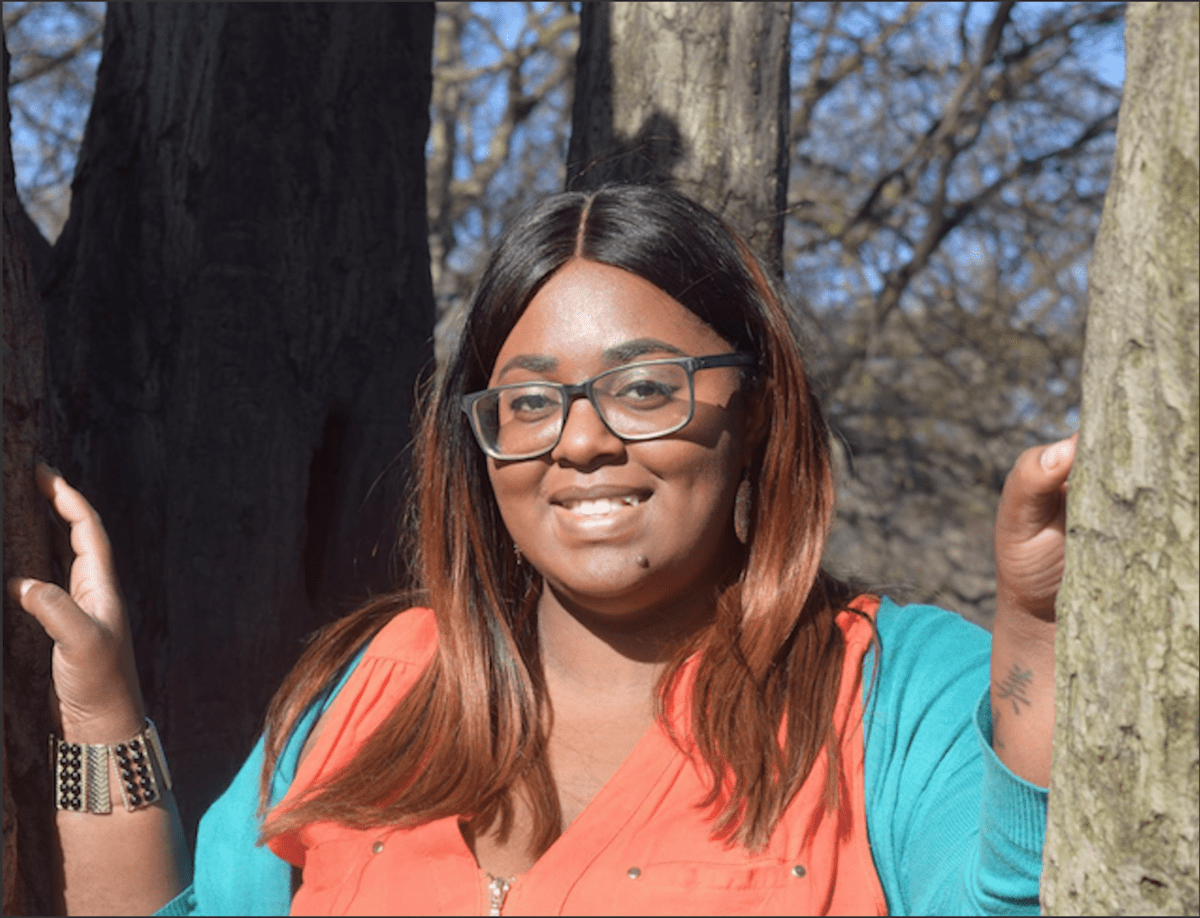
A Brooklyn teacher tried three times to get treatment for the coronavirus. Now she’s fighting for her life.
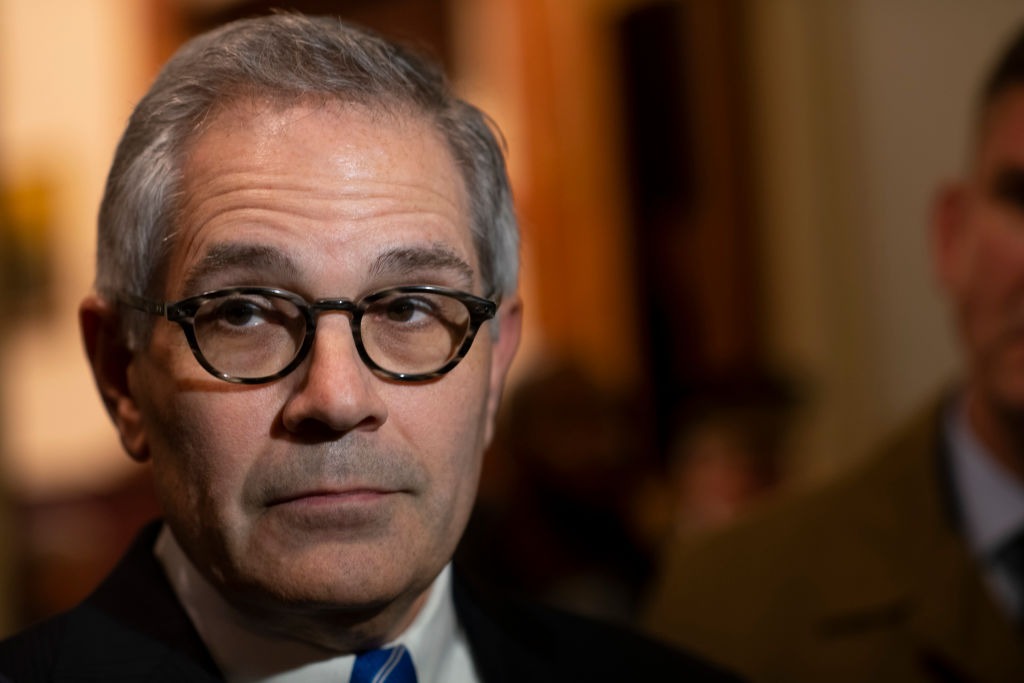
The city’s DA’s office and its public defender association urged judges to adopt video meetings to speed the release of incarcerated people. But emails obtained by The Appeal show that judges took a much more limited approach to decarceration.

‘We are still packed in like sardines,’ writes Fate Winslow, who’s serving a life sentence. ‘The prison doesn’t supply anything for us.’
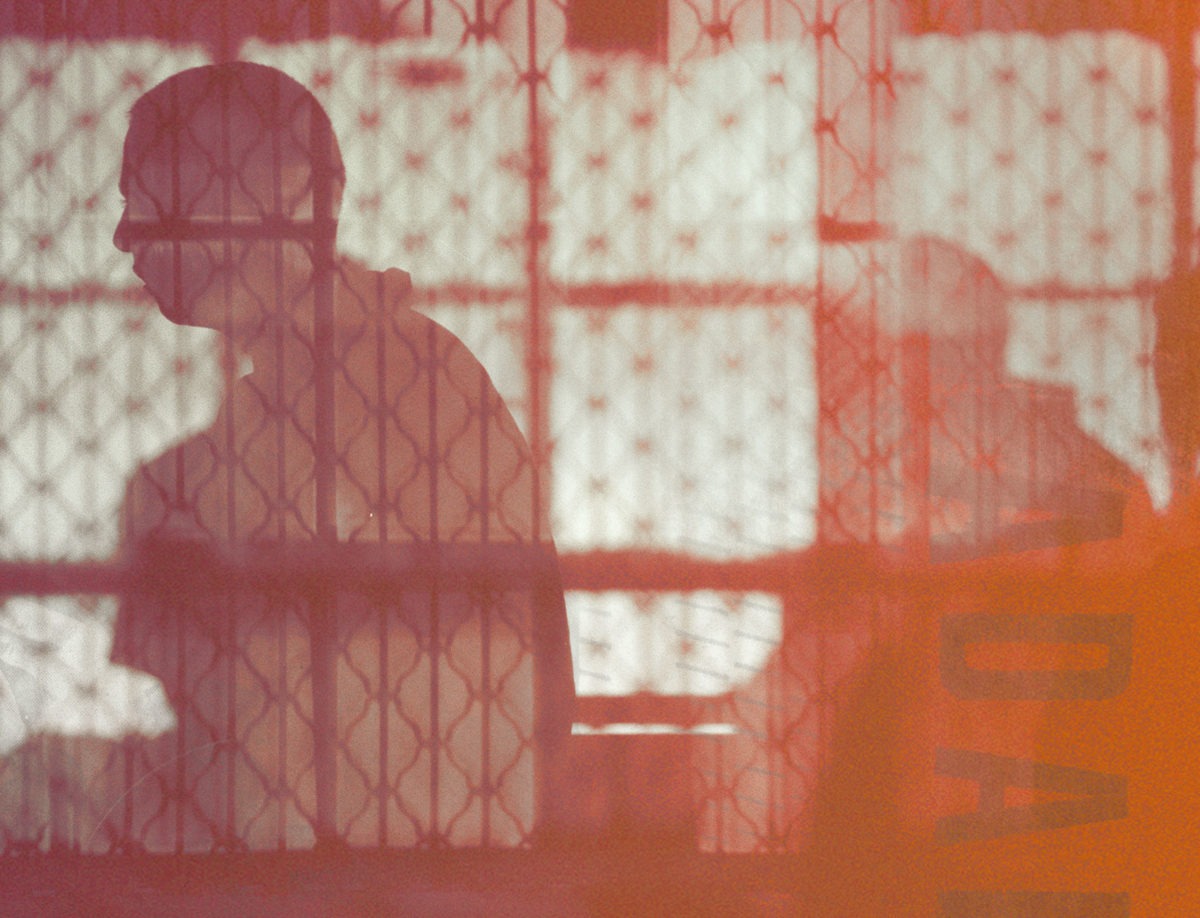
Sharon Fahy, whose daughter was murdered in 1988, asked the court to release Walter Ogrod, the man convicted in her killing.
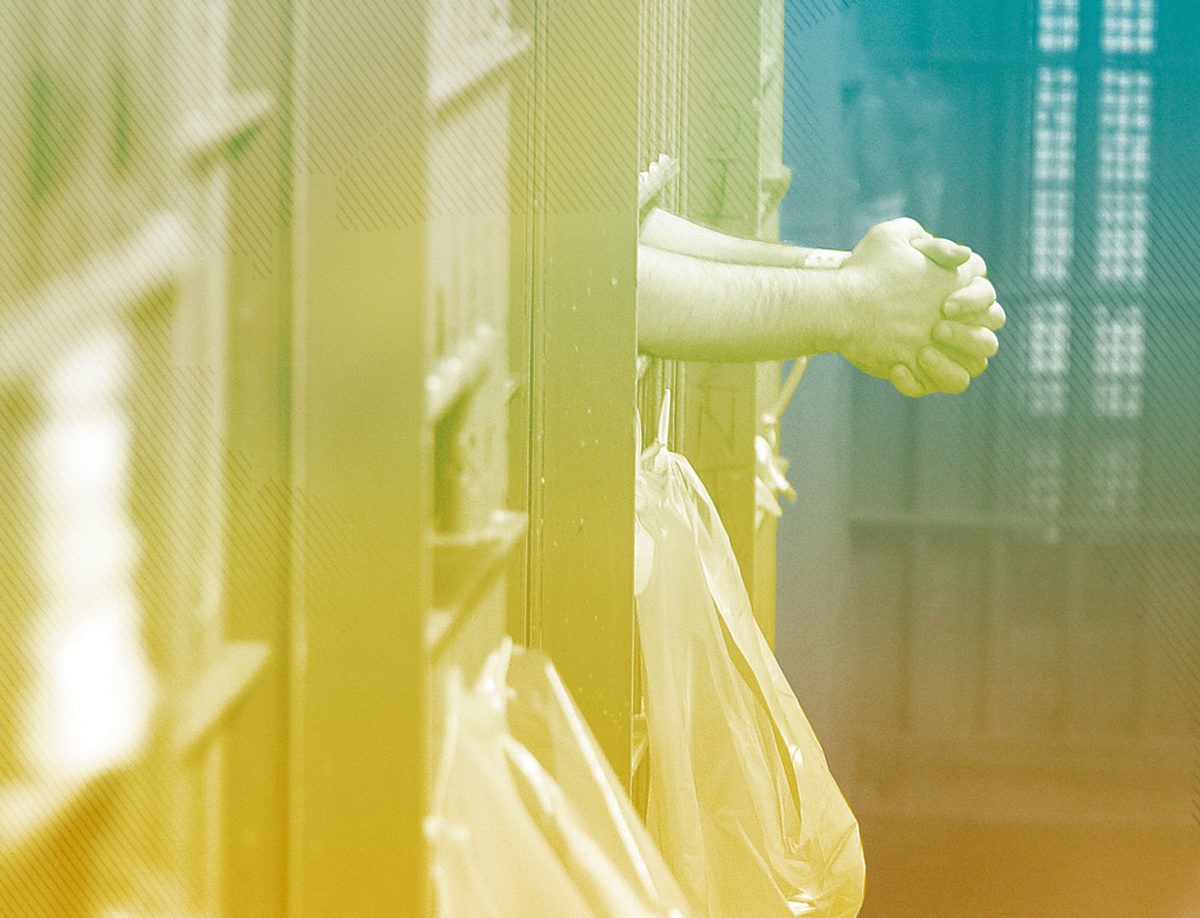
People are dying in jails and prisons because elected officials hesitated at the worst possible moment.
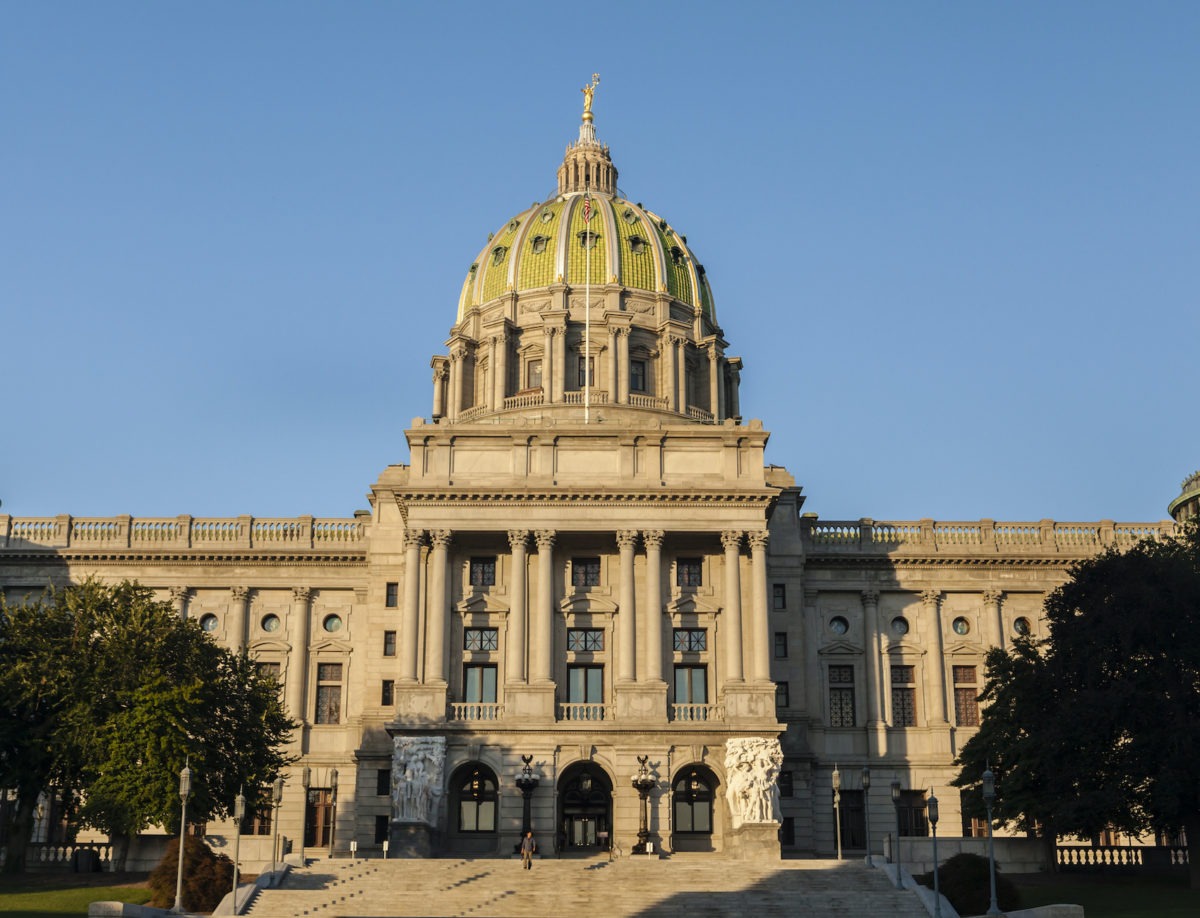
They tell Tom Wolf that taking any unilateral actions to reduce the state’s prison population would endanger public safety.

Michigan was one of several states requiring registrants to report to local police stations in person despite the risk to public health from coronavirus.
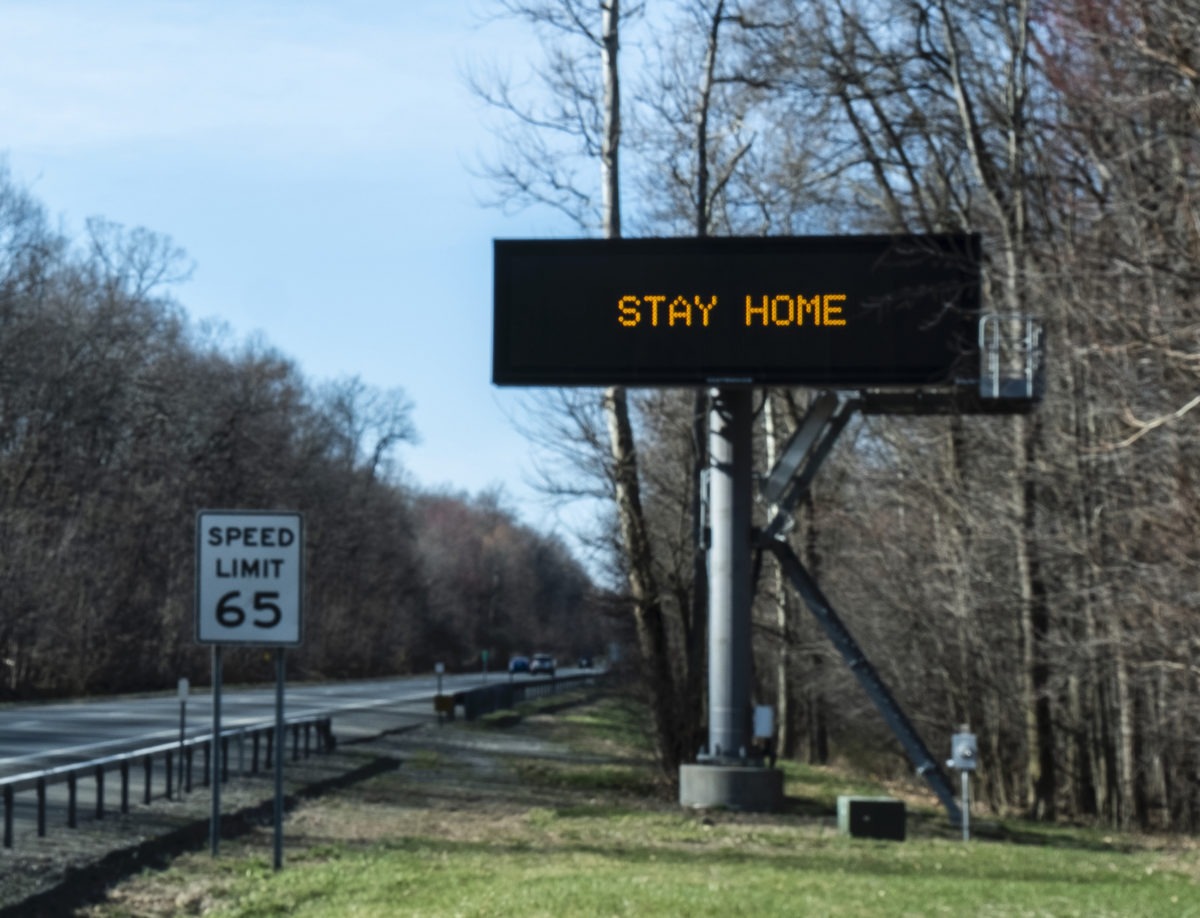
Louisville, Kentucky judges are ordering people with COVID-19 who have allegedly defied quarantine to wear GPS ankle monitors, raising ethical questions about the government’s role in a pandemic.
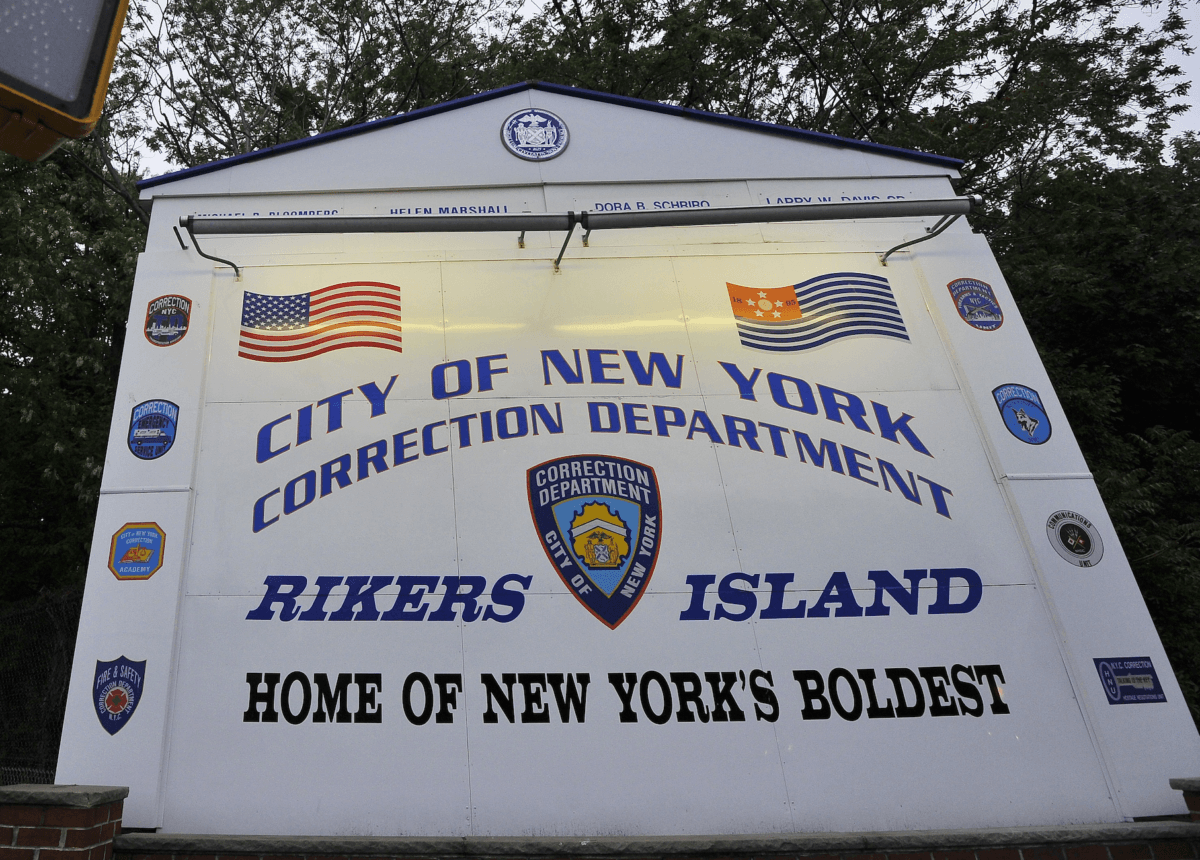
Twenty-eight people were to attend weeks-long drug treatment programs after violating parole. The COVID-19 pandemic nearly trapped them in jail indefinitely.
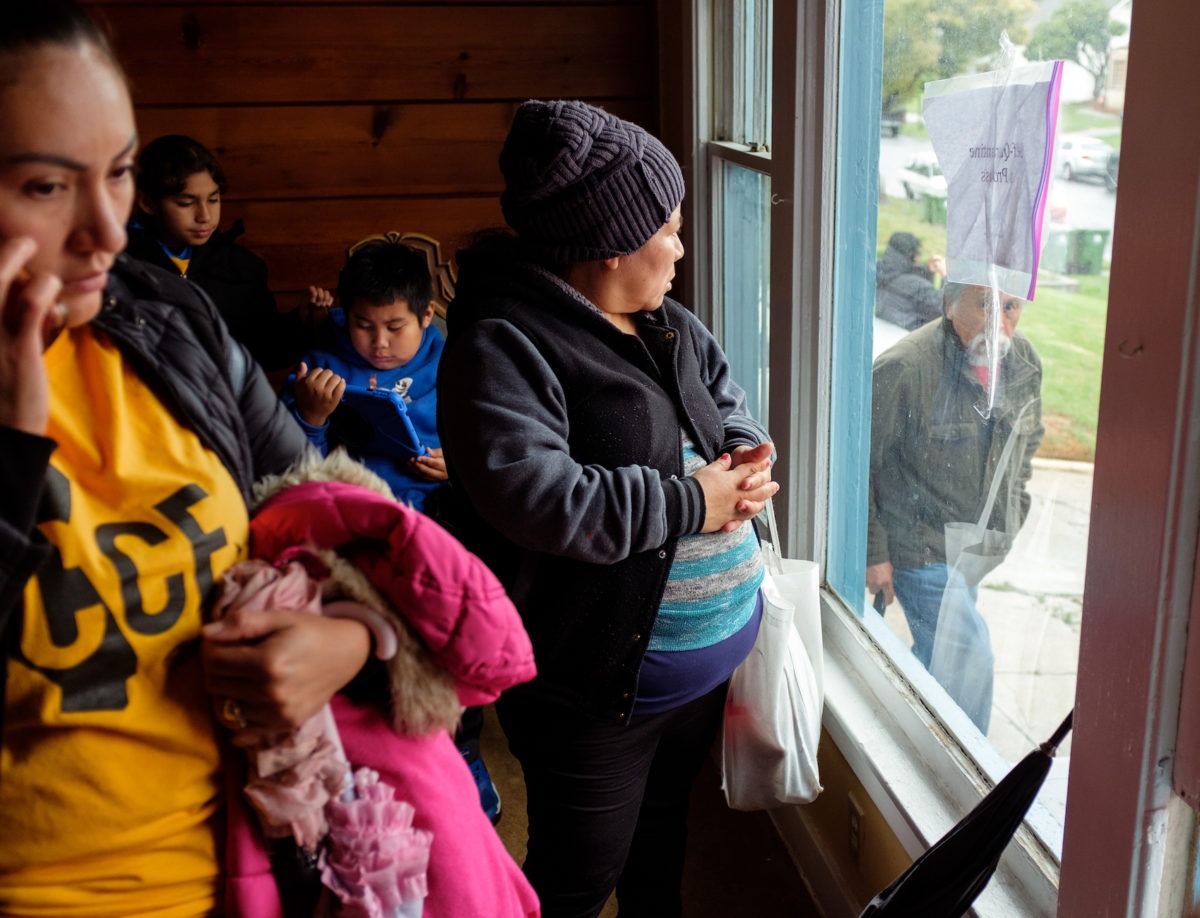
On the intersection of two public health crises: housing and COVID-19.
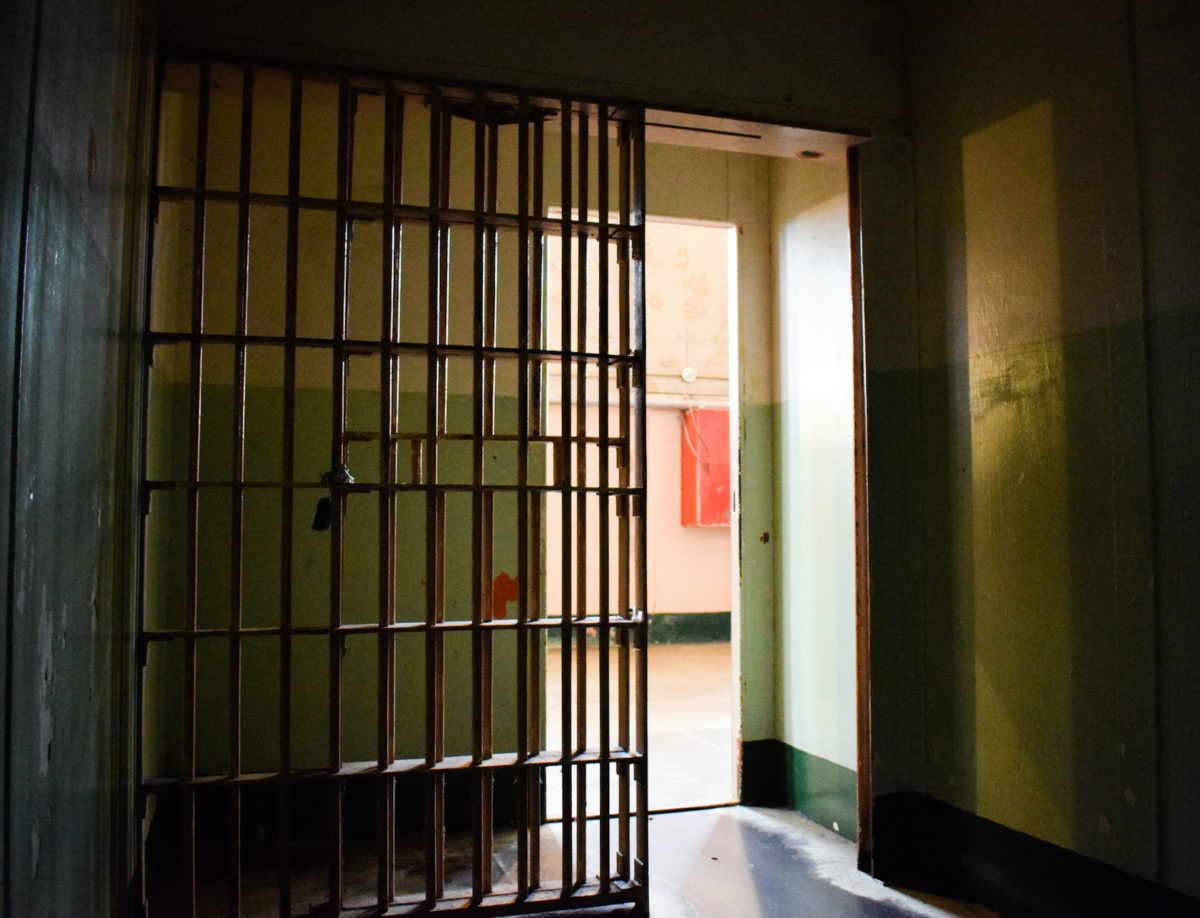
Public defenders are working with the courts to secure release for people incarcerated in the Florida county, many of whom are jailed for low-level offenses.
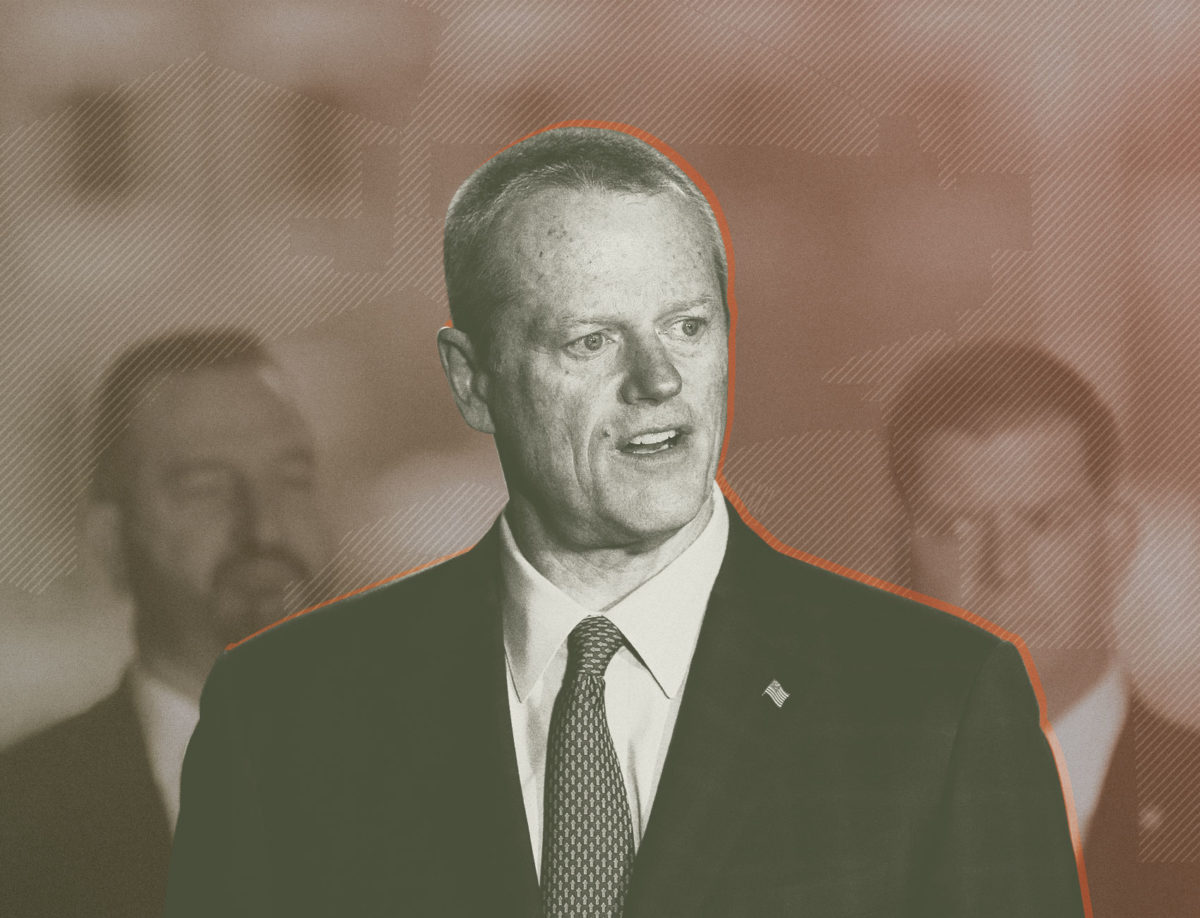
District attorneys in the state could decarcerate quickly by dropping unnecessary cases.

They make roughly half the average national income, and they’re at risk of COVID-19 exposure as they continue to work to ensure shelves are restocked and communities fed.
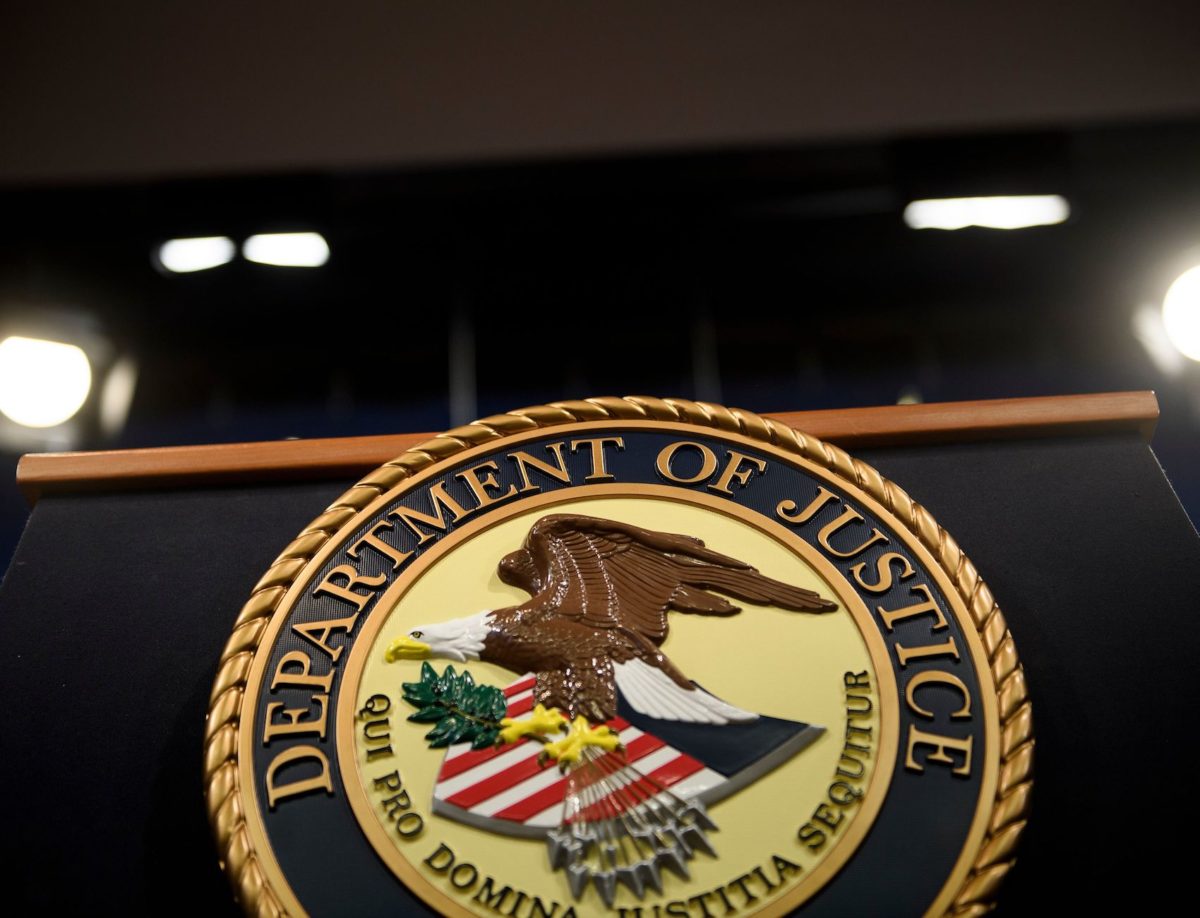
Experts are urging large-scale releases. But the Department of Justice often operates contrary to expertise.

‘They’re not supplying us with masks, they’re not supplying us gloves, they’re not supplying us with decent cleaning supplies.’
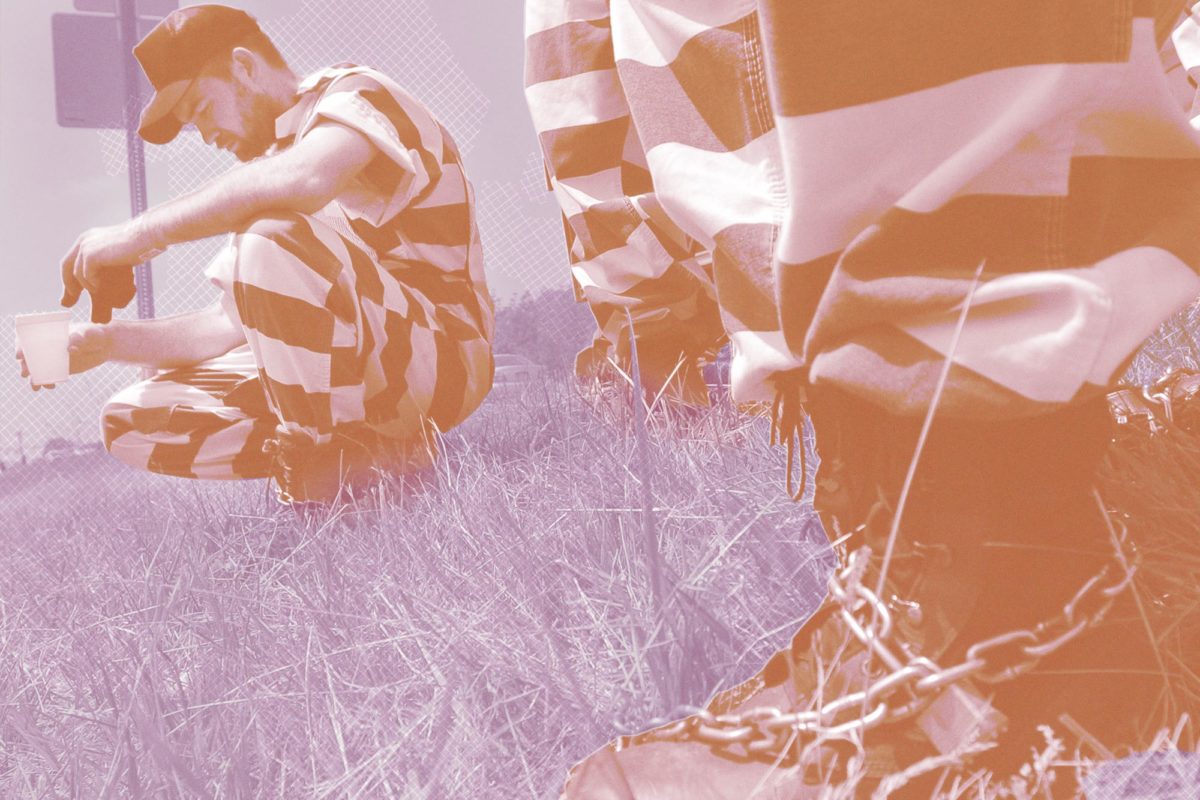
Despite risks to incarcerated people and the public, Florida is sending prisoners to perform hard labor.

Josie Duffy Rice and guest co-host Zak Cheney Rice talk with Radley Balko, opinion journalist at the Washington Post and author of The Cadaver and the Country Dentist, about faulty forensic science.